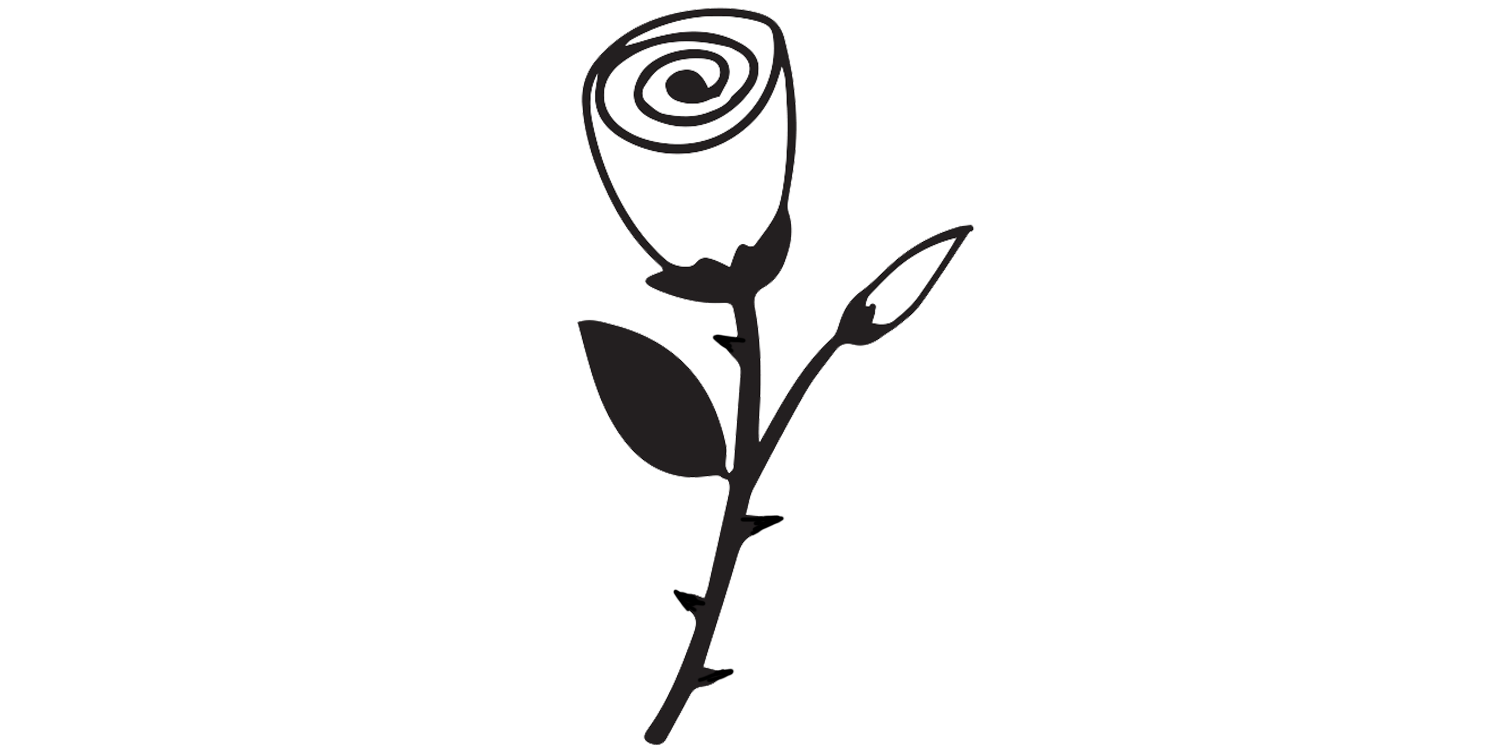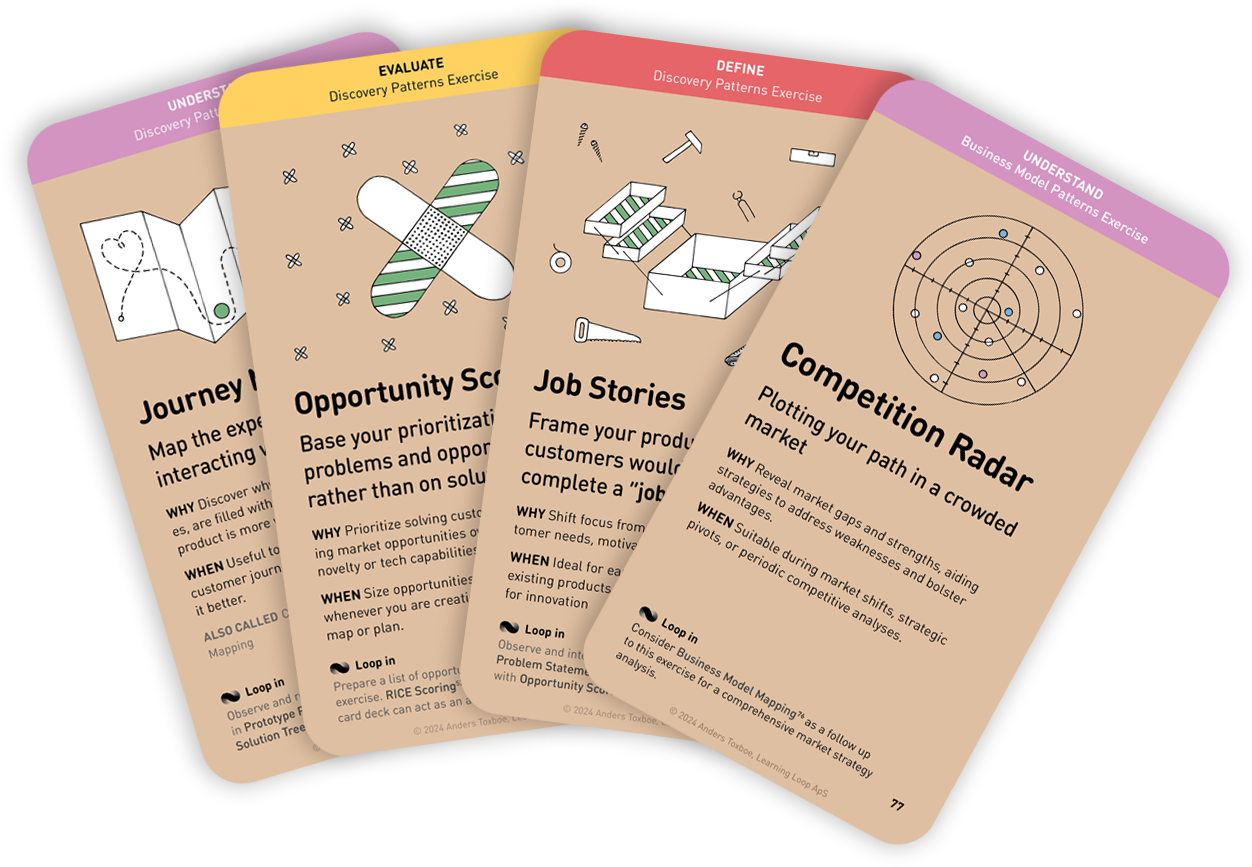Workshop Exercises: Evaluate
Rose / Thorn / Bud
Identify positives, negatives, or opportunities in an idea, project, or process

Why: Identify areas for improvement, mitigate risks, and capitalize on opportunities for growth and innovation
When: Useful for retrospective settings to assess the strengths, weaknesses, and potential areas of improvement
Instructions for running this play
- Agree on the topic of your brainstorm. It could be evaluating a project, idea, or activity.
- Write the headline of three columns on a large surface: Rose, Thorn & Bud. Explain and discuss the three categories if participants aren’t familiar with them:
Rose. A highlight, success, small win, or something positive that happened.
Thorn. A challenge you experienced or or something you can use more support with.
Bud. New ideas that have bloomed or something you are looking forward to knowing more about or experiencing. - Timebox a Silent Storming session for 20-30 minutes. Ask participants to reflect on their rose, thorn, and bud, including one insight, issue, or idea per sticky note, generating multiple notes per category.
- Playback the results of each participant, one by one, placing their sticky notes on the large surface under the relevant category.
- Dot Vote on the most important note in each category.
- Consider continuing the exercise with How Might We… or a Who/What/When to ensure you take action.
Instructions for running this play
- Agree on the Focus. Settle on the topic of the discussion. It could be related to the progress of a task,sprint, idea, or daily activities.
- Quick Reflection. Ask each participant to consider three categories, which are the Rose, Thorn, and Bud. They need to briefly reflect on:
- Rose. What is one positive thing or accomplishment that stood out for you recently?
- Thorn. What challenge or difficulty have you been experiencing?
- Bud. What new idea or possibility are you excited about or looking forward to exploring more?
- Sharing and Discussion. Each participant shares their reflections on their Rose, Thorn, and Bud. This can be done either verbally in a round-robin fashion or in written form, using a shared digital platform or chat. Timebox this session to 10 minutes or adjust according to your team size.
The goal of this scaled-down version is to provide a quick check-in on team status and morale, encouraging a culture of open communication and continuous learning.
Tips to perfect this play
Master and adapt the play to fit your context and needs.
Tip: Different colors
Ask participants to use different color sticky notes for rose, thorn, and bud, respectively.
Tip: Break the ice
If the group is not safe sharing their insights to the group, consider breaking the ice presenting your own rose, thorn, and bud first. This might, however, also bias the group toward your ideas.
Tip: Action plans
After conducting the analysis, use the insights gathered to develop action plans that address the identified thorns, leverage the roses, and nurture the budding opportunities.
Tip: Scale down for check-in
Scale the exercise down to 3 quick questions to make it fit as a check-in exercise
A collection of workshop exercises that will help you ditch dull meetings and facilitate with confidence. It will help you master the design process and have more productive time with your team. The card deck will be ready for purchase in the end of 2026 and is now undergoing rigorous testing.
Reserve your deck!- A Mindful Way to Reflect: Rose, Thorn, and Bud by Argos Gonzalez
- Share and engage with the Design Sprint Community by LUMA Institute
